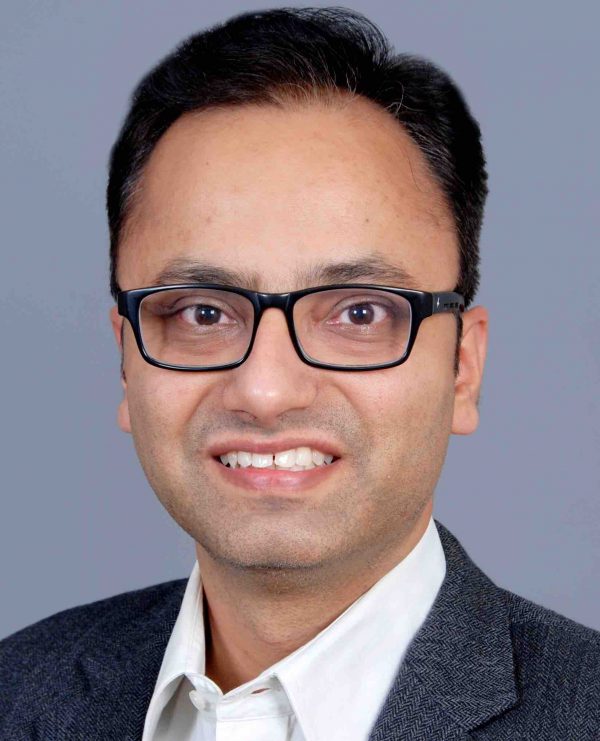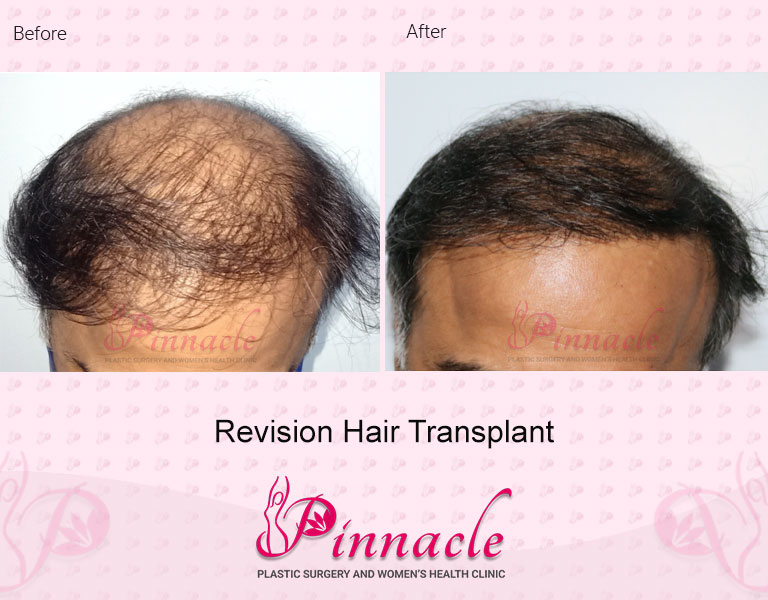Having a full head of hair is everybody’s dream. But what if bald patches replace your luscious locks and hair thinning bothers you much more than before? Dr Shree Harsh has a perfectly safe and a cost effective solution for this issue. Hair transplant.
Dr Shree Harsh explains that there might be various reasons for hair loss like aging, poor nutrition, thyroid issues, cancer, etc. A hair transplant effectively counters balding that happens due to all of these and various other reasons to restore a full head of hair.
What Is Hair Transplant?
Hair transplant is a surgery performed to treat baldness. The procedure involves removing healthy hair follicles from one area of the body (known as the donor area) and planting them in the area where there is no hair (known as the harvest area). The hair follicles used for the purpose of removal and grafting are called “follicular units”.
The surgeon performing this procedure needs to be highly skilled since the follicular units are fragile and delicate to handle. In general, the best hair transplant in India is a minimally invasive surgery.
What Are The Types Of Hair Transplant?
Hair transplant surgeries are generally divides into two types:
Follicular Unit Transplantation: Follicular Unit Transplantation or FUT is traditionally a less complicated form of hair transplant. In FUT, the doctor selects the donor area near the back of the scalp or the sides of the head. The donor area or the linear strip is then removed as a whole and used for harvesting. The strip is dissected into smaller units known as grafts. These grafts are harvested on the head where there is no hair.
Follicular Unit Extraction: While FUT is the traditional method, Follicular Unit Extraction or FUE is the more modern approach to hair transplant. Unlike FUT where an entire strip is taken from the donor area, FUE involves removing individual hair follicles and harvesting them. Typically hair extracted for FUE can be taken in small quantities from all over the head under anaesthesia.
What To Ask The Doctor During Your Consultation?
- Am I an ideal candidate for the process?
- What is the process involved?
- Which technique will work best in my case?
- What is the duration of the procedure? Can the same be done in a single seating or will I have to come multiple times?
- What will the outcome of the procedure be?
- Can I see any before-after pictures of patients that have been treated by you?
- What are the risks associated with the procedure and what can be done to avoid them?
- Is the result of the process permanent? What can be done to maintain the results?
Hair Transplant Before-After Results
What Is The Cost Of Hair Transplant?
The hair transplant cost depends on how many grafts you require and what is the level of your baldness. The hair transplant cost at Pinnacle starts from Rs. 30,000/-
What Happens Before And During The Hair Transplant At Pinnacle Clinic?
- Taking into consideration the patient’s needs and requirement, the necessary technique is decided upon.
- Sometimes, Dr Shree Harsh will give medication before the surgery to maintain your current hair growth and keep the donor area healthy. Apart from this, no other medication is administered before the surgery, nor does the patient have to take any extra precautions.
- The patient is given local anaesthesia for the surgery. The hair and the scalp are gently shampooed and cleaned before beginning the procedure.
- The harvesting is the trickiest part of the surgery. It takes time and a very high level of skill to harvest the follicular units correctly and precisely. If harvesting is done properly the end results are bound to be better.
When Do Patients Start Seeing Actual Results?
- It takes time for hair transplant to actually start showing results. The reason being that the follicular units have been removed from their natural area of birth and planted in a new unfamiliar territory.
- It takes a minimum of 4-6 months for “actual results”. Until then it is necessary to continue taking your prescribed medicines. Slowly, you will start seeing the changes and a proper hairline will begin to materialize.
- There are chances that you will also most likely go through a phase of “shock loss”. This is the phase when you will witness a high amount of hair loss. A lot of patients start believing during this time that their surgery was unsuccessful. However, shock loss is as natural as hair loss. It is a part of the cycle.
- Once you go through shock loss, then the hair follicles will be completely settled in the harvested area and will grow back new hair automatically.
What Is The Recovery Time For Hair Transplant Surgery?
- Generally, the technique used decides the time of the surgery. Mostly it takes around 4 hours. Sometimes however, multiple sessions are required depending upon the case.
- Medications will be prescribed by the doctor to counter the soreness and pain which is common after a hair transplant. Also, anti-infection medicines will be administered to cancel out any and all chances of infection.
- As the scalp is in a delicate condition after a transplant, patients are mandatorily advised to cover their head. Leaving the scalp open can have an adverse effect on the grafted area.
- The stitches are removed after ten days during which extra precautions must be taken.
- Patients can resume their work and daily schedule after a few days comfortably.
Time to time follow ups must be taken with Dr Shree Harsh in order to evaluate the healing process.
What Are The Risks Of Hair Transplant?
- Bleeding
- Chances of infection (folliculitis)
- Inflammation or bruising in the affected area.
- Temporary numbness
- Undesirable results
- The hair transplant results may not be permanent. In some cases, patients have had to get a second hair transplant surgery 5-10 years after the first one.
From the above list, it is quite clear that the risks of hair transplant in Lucknow are not very high. Most of these can be avoided or treated immediately.
In case you are wondering whether or not hair transplant is right for you, we invite you for a consultation with Dr Shree Harsh. He will discuss the treatment, its benefits, best possible results and any complications involved one-on-one with you.
Meet Your Surgeon

Dr. Shree Harsh is a board certified internationally trained Plastic Reconstructive and Aesthetic Surgeon. He has been trained in the prestigious and historical department of Plastic and Maxillofacial Surgery at G.M.C.Nagpur from where he completed his M.Ch. in Plastic and Reconstructive Surgery. He cleared his D.N.B. in Plastic Surgery from the National Board of Examination, New Delhi. He has received the international scholarship of Plastic Surgery Educational Network by the American Society of Plastic Surgeons in the year 2016-2017. He was awarded the prestigious DAFPRS fellowship by the Dutch Association of Facial Plastic and Reconstructive Surgery. He has been trained by Dr.Patrick L Tonnard and Dr.Alexis Verpaele at the MACS lift centre- Coupure Centrum in Ghent, Belgium in both Surgical and non Surgical Aesthetic Surgery procedures during his fellowship period. He has presented several papers at national and international level conferences and is the author of a number of publications in scientific journals. He is a soft-spoken dedicated Plastic Surgeon who believes in safety first for the patients
Book Consultation with Dr Shree Harsh
It is very natural to be anxious about the outcome of your cosmetic surgery and it is best to openly discuss your concerns with Dr. Harsh. During your consultation Dr. Harsh will:
- Evaluate your general health status and any pre-existing health conditions or risk factors
- Explain the problem to you
- Ask for your photographs
Be prepared to discuss:
- Your surgical goals and expectations
- Medical conditions, drug allergies, and previous medical treatments.
- Current medications, vitamins, herbal supplements, alcohol, tobacco, and drug use if any.
- Details if you have undergone any previous surgeries.
- Likely outcomes, and any risks or potential complications.


